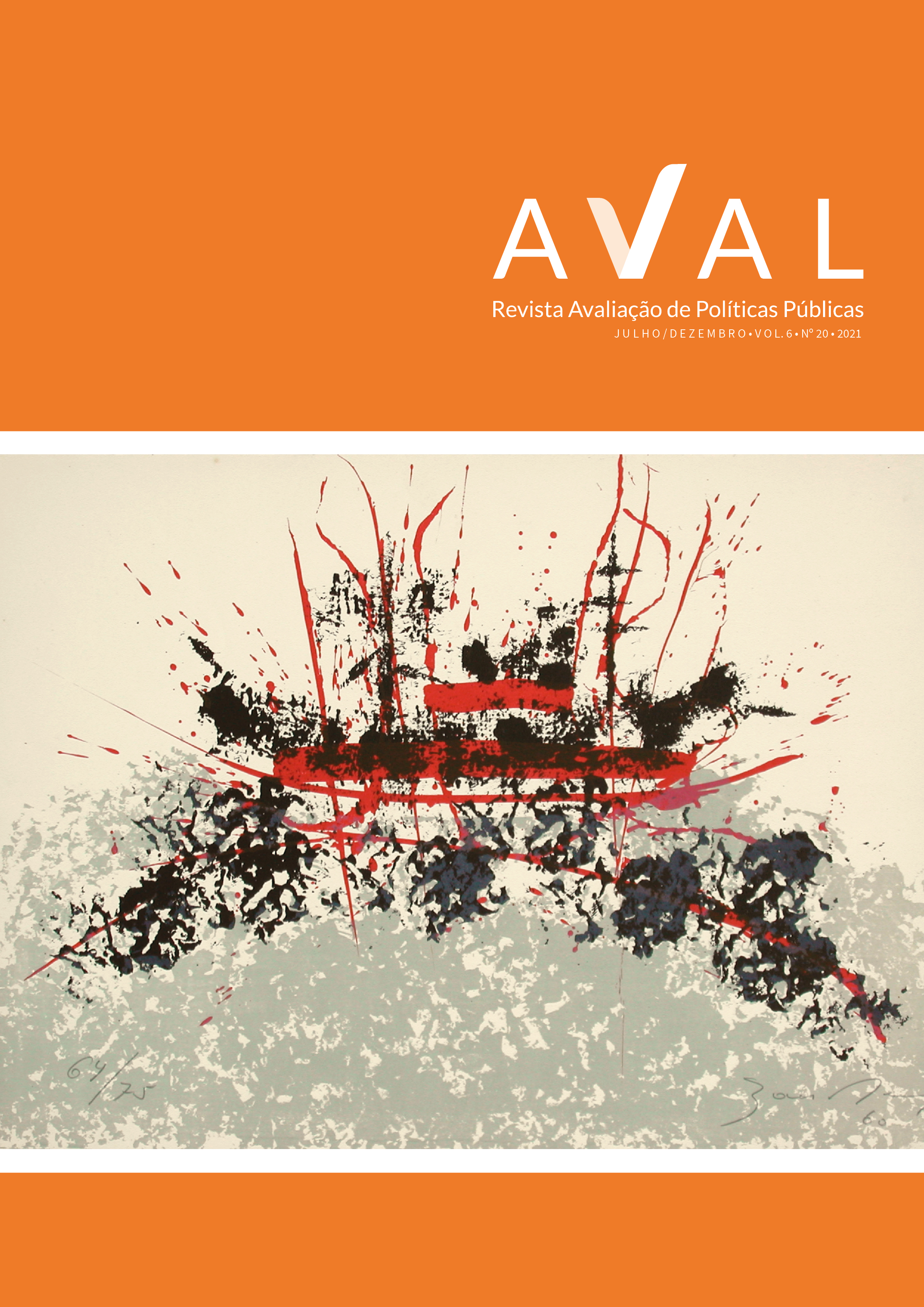The Implementation of the National Student Assistance Program in the Federal Gauchos Institutes:
actors, contexts and regulatory frameworks
Keywords:
Implementation, Public Policies, Regulatory Frameworks, Actors, ContextsAbstract
The National Student Assistance Program, instituted by Decree No. 7.234 (BRASIL, 2010), operationalized the National Student Assistance Plan of Brazil. This Program was implemented in the Federal Institutes of Education, Science and Technology that operate in the State of Rio Grande do Sul as of 2011. For analysis of this effectiveness, we elaborated in this article an analytical model based on the Bottom Up model, along with a methodology that divides the implementation phase in a set of six sub-processes. The model showed that the normative framework guiding the implementation resulted in Student Assistance Policies with particular designs, shaped by the actors of the process, under the influence of the organizational contexts where they occurred. The implementation process, by transforming what was planned into action, also brought about inequalities due to the way the process actors interpreted, reframed and adapted the guiding normative frameworks, the work practices carried out in the daily work and organizational contexts where it occurred.


